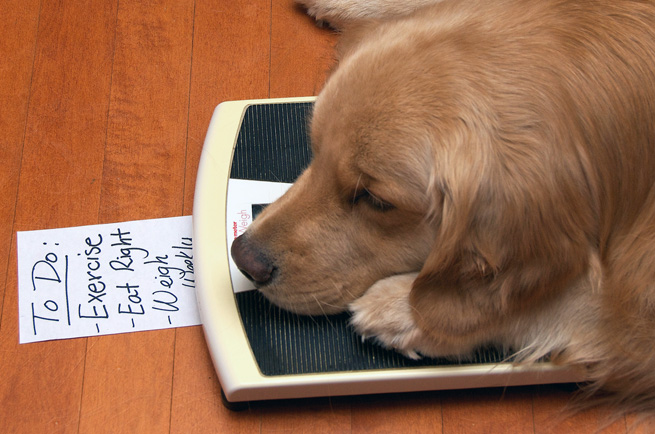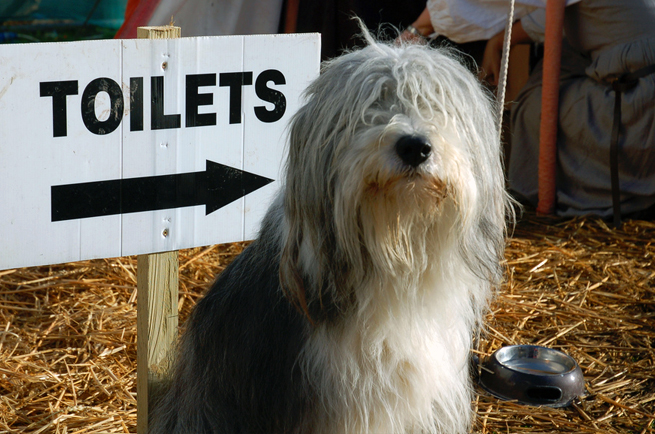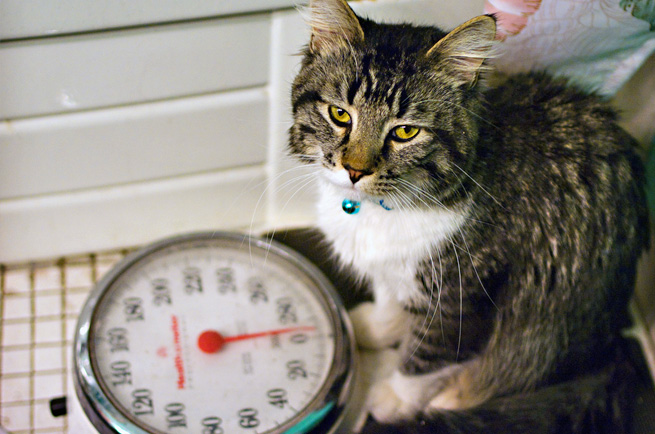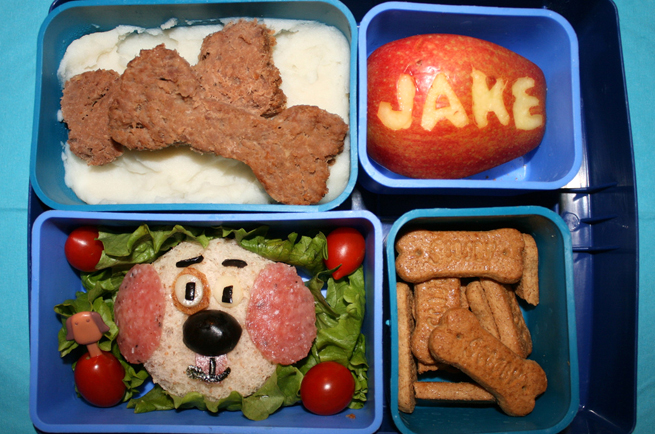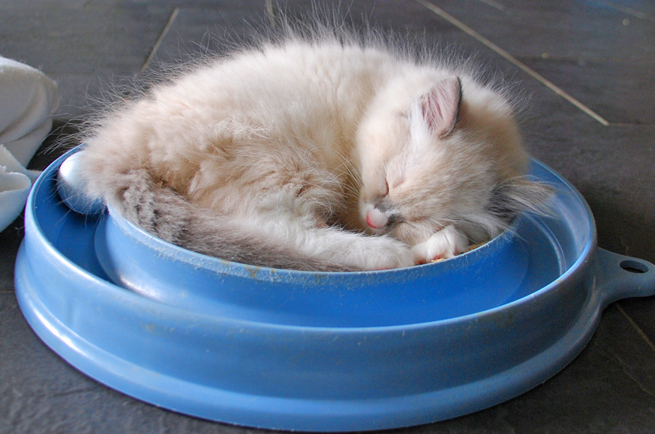Is your pet obese?
I'm not fat...I'm just big boned
07 Mar 2017 By Lindsay Cockburn Comments
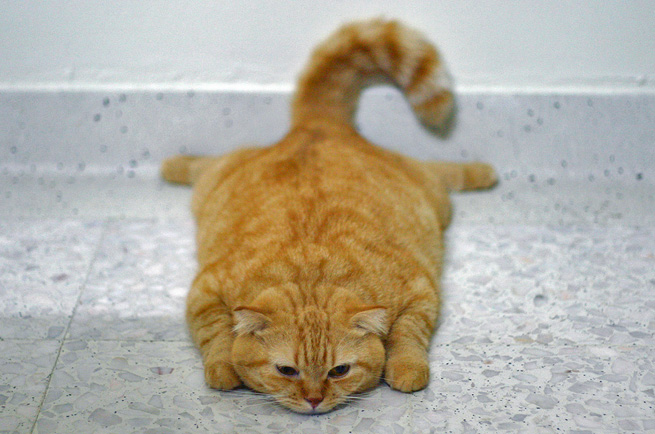
Like us, our fur-babies can get a little chubby around the tummy; the main culprit being the snacking and us Mummies and Daddies are the ones to blame! As owners we tend to give in to the ‘sad-eyes’ and whining, we spoil our pets like children, and sometimes our unhealthy lifestyle can influence our pets. While it’s ok to reward your pets with treats from time to time, it’s important that our four-legged friends don’t overindulge.
 Pet obesity has become increasingly common in Western countries, with cats and dogs weighing 15% more than the average healthy weight. According to the Australian Veterinarian Association (AVA) 40% of cats and 45% of dogs are overweight in Australia.
Pet obesity has become increasingly common in Western countries, with cats and dogs weighing 15% more than the average healthy weight. According to the Australian Veterinarian Association (AVA) 40% of cats and 45% of dogs are overweight in Australia.
Pets exceeding their normal weight can develop all sorts of complications, such as heart disease, arthritis, diabetes, inactivity, premature ageing and much more. It is our responsibility to be aware of the risks of pet obesity and understand that we are in charge of our pet’s health.
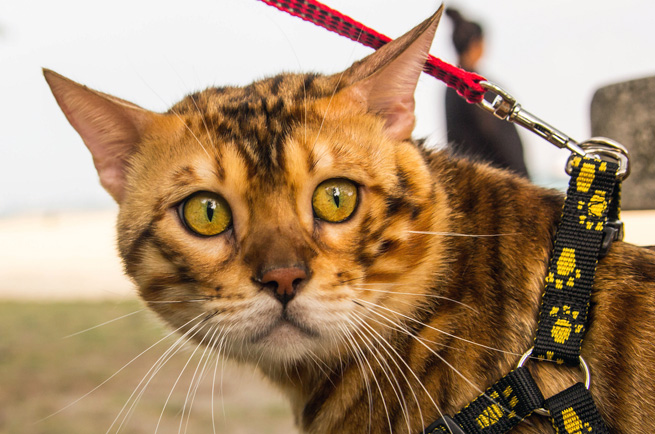
What causes obesity in pets?
Overfeeding is the obvious and main factor in weight gain, but it is not the only contributing factor. Weight gain can sometimes depend on the breed, age and sex of your pet.
Weight gain can be hereditary in some breeds of dogs. Dogs such as Beagles are known for being porky little food lovers. Common hereditary issues are something to be wary of and it’s important to adjust your pet’s diet and exercise régime accordingly.
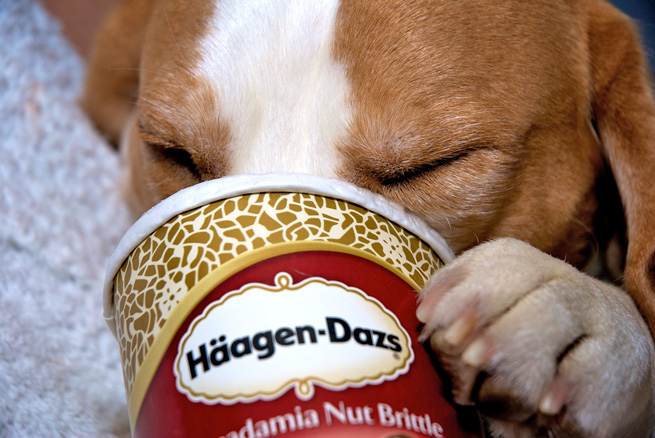
Like humans, with age your pet’s metabolism slows down, meaning that it takes longer to burn calories. Animals also become lazier in their old age. It is true they may not have the same energy they did when they were young however, exercise should not be neglected. Just make sure you adjust your pet’s exercise to their capabilities.
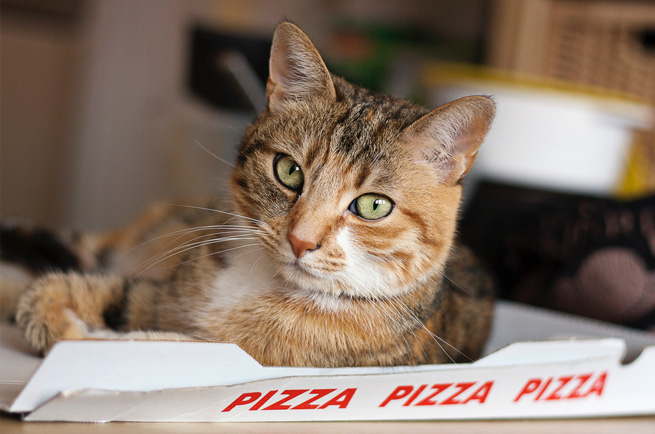
While you may be aware of the physical affects of pet obesity, many owners are unaware of the behavioural affects obesity can have on your relationship between you and your fury friend. Overeating in pets is often due to boredom and emotional stress. It is vital that we keep our pets interested by playing with them, exercising them and not keeping them cooped up indoors for long periods of time.
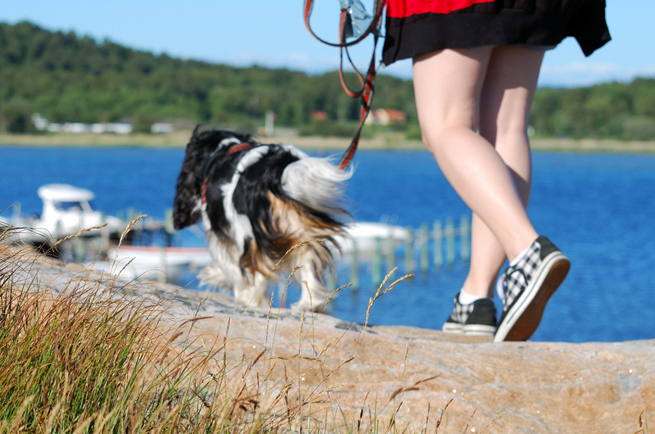
If your pets are overeating as a result of boredom or you are encouraging overeating, their quality of life will diminish and your relationship with your pet will weaken. Your pet will become unresponsive, lazy and overall unhealthy physically and mentally.
How do you know if your pet is in need of a diet?
Shockingly most pet owners surveyed by Pet Food Manufacturers Association (PFMA) said that they were unaware that their pet was overweight!
Here are a few tips to check if your pet is overweight:
- Can you feel your pet’s ribs?
- Do they waddle when they walk?
- Do they have little or no waist?
- Is your pet reluctant to exercise?
- Do you give your pet a lot of treats and table leftovers?
Sound like your fury friend? Time for a diet!
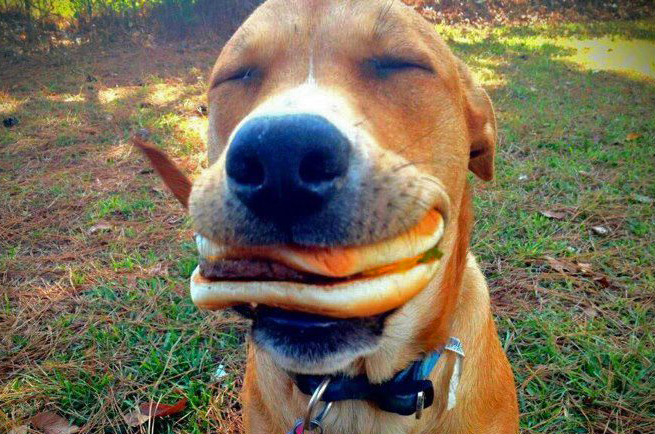
If you are still unsure whether your pet’s weight is affecting his or her health, a visit to your local vet can provide you with the right information, plus ways to decrease or prevent your pet from gaining more weight.
You can keep your pet’s weight in good check by feeding them the appropriate portions of food that contain plenty of nutrients and vitamins, refraining from giving treats and leftovers, and exercising on a regular basis.
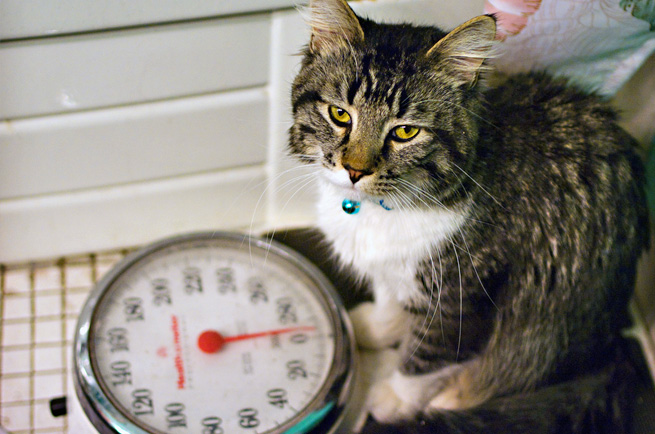
Exercising not only burns calories but strengthens respiratory and circulatory systems, keeps muscles toned and joints flexible, and relieves boredom. All in all making your pet more happy and healthy and keeping its weight in check!
07 Mar 2017 By Lindsay Cockburn Comments
comments powered by Disqus
